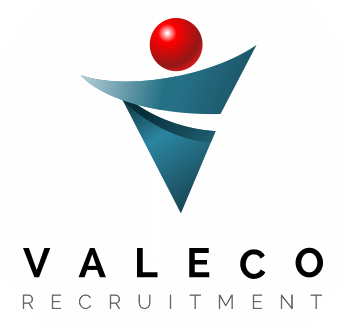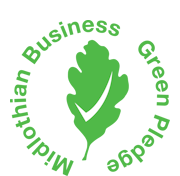The ABC of Personal Brand at Interview
Your personal brand is about who you are and what you stand for. It’s your unique collection of values, beliefs, and decisions about how you interact with the world. And it’s very important when it comes to landing your ideal job.
Your CV or application form will already have told your interviewer that you have the right skills or experience to do the job you’ve applied for. What they’re looking for from the interview is not only confirmation of that, but also whether your attitude and personality make you the right person for the job. Your interviewer needs to make sure that you’re a good cultural fit for their company, and that you’ll get on with anyone the job will bring you into contact with. Here are the three elements of your personal brand you might want to consider.
A is for Appearance
Just like a business’s colours, font, front window, or reception area, your appearance plays a big part in the first impression people form of you. You never get another chance to make a first impression, and most people form that impression within the first seven seconds of meeting you. So how you present yourself is very important.
It goes without saying that you should always dress to impress, so do your homework and find out what kind of environment you would be working in, and what kind of people you would be interacting with. And then dress appropriately. It always pays to dress a bit smarter than you think you need to. Taking pride in your personal appearance gives the message that you’ll take pride in your work.
If you’re going to be interacting with the public, and the firm is a professional services one, then it makes sense to give some consideration to covering up any tattoos that you might have, and removing any facial piercings. These may be part of your self-expression, and nobody is saying you shouldn’t be yourself, far from it, but you may be limiting your opportunities if you don’t take these things into consideration.
I recently interviewed a great candidate for a receptionist job in a legal firm. She has ambitions to advance to become a legal secretary, and eventually a paralegal, so when I suggested that she might need to remove her nose piercing, she was more than happy to do so. Legal firms can be very conventional and have high personal appearance standards because of the effect that doing otherwise could have on their business.
B is for Behaviour
Having the right attitude is as important as having the right skills and level of experience to do the job: in some cases it’s more important. The interviewer will be assessing how you will fit into their company’s culture, and how you will get on with your potential co-workers. You can demonstrate that you have the right attitude through your behaviour at the interview.
To demonstrate a confident and friendly attitude, give the interviewer a firm handshake, a smile, and keep good eye contact. That doesn’t mean staring them down though, keep it friendly. You can also demonstrate that you want the job by bringing along a copy of the job advert, any correspondence you’ve had with the company, a copy of your CV or application form, any preparation you’ve done for the interview, and any literature you have about the company. And remember to bring a pen so that you can take notes if need be.
It goes without saying that you should always be polite. Try to relax and remember to smile.
C is for Communication
While your CV or application form may state that you have the requisite skills and experience, you need to communicate that at the interview. The interviewer will want to hear examples of how you’ve used the skills, and gained the experience you claim to have.
This doesn’t just show the interviewer that you have the requirements to fulfil the role, it shows them how well you can communicate, and how articulate you are. They will want to judge how well you would communicate with your co-workers, managers, and if required, customers.
This is where doing your preparation before the interview pays dividends. Here are some tips:
- Think about what questions you’re likely to be asked and how you could best answer them.
- If you can’t think of what questions you might be asked, look on the Internet for popular interview questions for the kind of role you’re interviewing for.
- Take each of your skills and prepare an example of how you’ve used them.
- Be prepared to say how you gained each of those skills in a clear and concise manner.
- Think about the experience they’re looking for, and prepare how you will explain how you gained that experience.
When you’re thinking of examples, use the STAR method, and that’ll help you keep your answers clear and concise in the interview: you don’t want to be going off at a tangent. STAR stands for Situation - what was the SPECIFIC situation; Task - what was the goal you were working towards; Action - what did YOU actually do; Result - what happened as a result. You can take notes into the interview and use those to prompt your answers: just remember to use them as a prompt, don’t read the answers out from your notes.
You can also communicate that you’re interested in working for the company by preparing some questions to ask the interviewer. It’s best to steer away from asking about salary and benefits in the first interview, but you can ask about what people like about working there, or ask about something you’ve discovered in your research about the company.
Every single one of my candidates goes into their interview fully prepared to make a great first impression with their appearance, behaviour, and communication. When you work with me you won’t get any surprises and you’ll be as prepared for success as it’s possible to be. None of my candidates do it alone, so if you want to work with someone who supports you every step of the way, and only sends you to interviews for jobs you’ll be great at, give me a call on 07510 051781 or drop me an email at valerie.cowan@valeco.co.uk for an initial chat about how I can help you.



